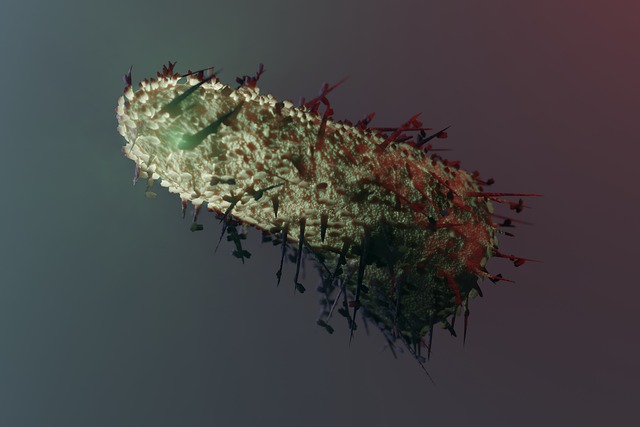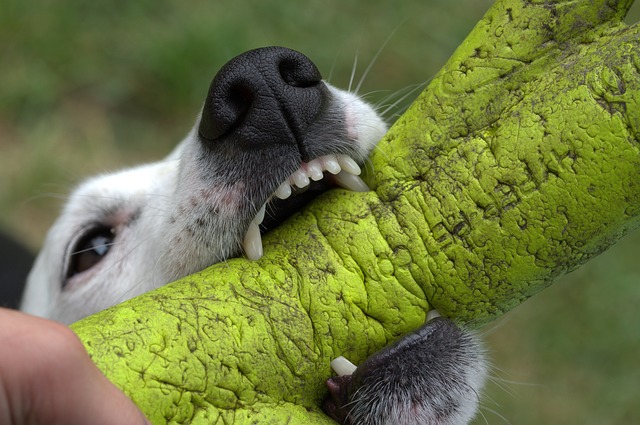Animal bites cause significant health problems in adults and children globally. An animal scratch or bite can be terrifying or dangerous. Animal bites are a leading cause of morbidity and mortality. Many animal species are more likely to bite humans; although, the main significant are snakes, dogs, cats, and monkeys. According to the WHO survey:
- Almost five million people are bitten by snakes annually, widely held in Africa and South-East Asia.
- Dog bites cause tens of millions of injuries every year; the highest risk is among children.
Similarly, Cat bites are less common but have a higher risk for infection. Cats are domestic animals and can prevent their bites by taking necessary measures. They need proper care and a healthy diet to remain strong and healthy, So, they can be prevented from many diseases and do not severe infection when biting. The best cat foods are greatly recommended for cats to keep them fit and healthy, providing your cats with the nutrients they need to grow and a well-built immune system.
Here are the four things you need to know about animal bites:
Animal bites can lead to severe infection:
Animal bites that break the skin put you in danger of infections. Animal bites often lead to infection because bites mostly take place on the fingers or hands. These parts are sensitive and more likely to be infected. Animal bite infections are severe and can even be deadly if left untreated. Another reason for the infection is the bacteria present in the animal’s mouth or saliva and can be transferred into the human’s skin when biting.
Animal bites that do not tear the skin will not become infected. Wounds or cuts have a higher risk of infection. Scrapes or scratches that swell the skin’s surface have a slight risk of infection. The highest risk of infection follows a puncture wound caused by a cat bite.
Symptoms of animal bite infections:
Animal bites can lead to various symptoms. These symptoms generally appear on or near the area of the wound but will not develop instantly. The most common signs of infection from animal bites are swelling, inflammation, redness, and pain. If any of these symptoms last longer than a day, you should go for speedy medical treatment.
The other main symptoms of infection include:
- Numbness around the bite
- inflamed lymph nodes
- Bruising (discoloration of the skin)
- fever or chills
- Tendon or joint injury results in muscle weakness.
- Poor function of the injured tissue.
- Pus or fluid discharge from the wound.
- Increased tenderness near the bite.
- Fatigue or weakness.
- Red streaks around the bite.
- Night sweats
- Difficulty in breathing.
- Less movement of hand and fingers.
Different types of animal bites:
Many animal species are more likely to bite humans; though, the main ones are those surface from snakes, dogs, cats, and monkeys. Some of the most common types of bites come from:
Cat bites: According to WHO, cat bites account for 2–50% of injuries related to animal bites worldwide.Cat teeth are sharp and can cause deep puncture wounds that are difficult to clean. It can set up bacteria inside the wound. Female adults are at a higher risk of cat bites. Most cat bites are the result of accidental contact, like trying to feed or pet the cat.
Dog bites: According to the American Academy of Pediatrics, over 5 million people report animal bites annually. Out of them, 90% of cases are results of dog bites. Every dog breed has the potential to bite. Dogs mostly bite if they are overexcited, scared, or injured. Children are at higher risk of dog bites than adults.
Wild animal bites: Bites from wild animals like raccoons, foxes, bats, snakes, skunks, and wild dogs can cause rabies infections. A person should seek immediate medical treatment for any wild animal bite that breaks or tear the skin.
How Animal bites can be treated:

The victim of an animal bite should seek immediate medical treatment after the bite. The primary steps in treating the wound include: carefully cleaning the wound with soap and water and apply a clean bandage around the wound. For shallower wounds, put on the pressure around the wound to stop the bleeding.
Antibiotics prevent or treat bacterial infection. Dead, injured, or infected tissue may cut away to help your wound heal. A tetanus vaccine is essential to prevent tetanus. Tetanus is a fatal bacterial infection that affects the nerves and muscles. The bacteria can spread through animal bites.
A rabies vaccine may require to prevent rabies, and the virus can spread through animal bites. A Surgery may be required to heal serious injuries or severe wounds.
